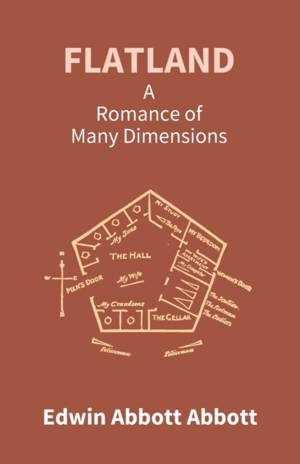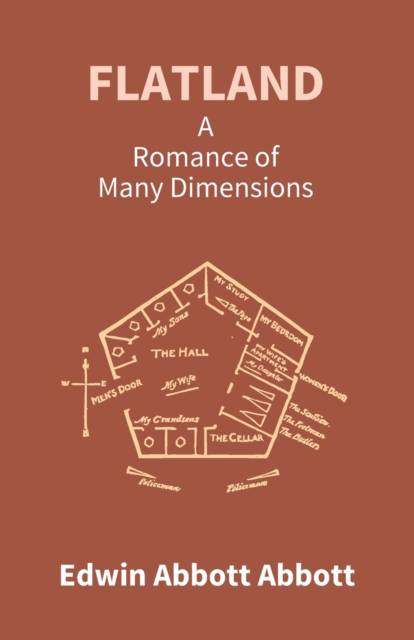
- Afhalen na 1 uur in een winkel met voorraad
- Gratis thuislevering in België vanaf € 30
- Ruim aanbod met 7 miljoen producten
- Afhalen na 1 uur in een winkel met voorraad
- Gratis thuislevering in België vanaf € 30
- Ruim aanbod met 7 miljoen producten
Zoeken
€ 18,95
+ 37 punten
Uitvoering
Omschrijving
Flatland is one of the very few novels about math and philosophy that can appeal to almost any layperson. Published in 1880, this short fantasy takes us to a completely flat world of two physical dimensions where all the inhabitants are geometric shapes, and who think the planar world of length and width that they know is all there is. But one inhabitant discovers the existence of a third physical dimension, enabling him to finally grasp the concept of a fourth dimension. Watching our Flatland narrator, we begin to get an idea of the limitations of our own assumptions about reality, and we start to learn how to think about the confusing problem of higher dimensions. The book is also quite a funny satire on society and class distinctions of Victorian England.
Specificaties
Betrokkenen
- Auteur(s):
- Uitgeverij:
Inhoud
- Aantal bladzijden:
- 110
- Taal:
- Engels
Eigenschappen
- Productcode (EAN):
- 9789351284345
- Verschijningsdatum:
- 1/01/2017
- Uitvoering:
- Paperback
- Formaat:
- Trade paperback (VS)
- Afmetingen:
- 140 mm x 216 mm
- Gewicht:
- 149 g

Alleen bij Standaard Boekhandel
+ 37 punten op je klantenkaart van Standaard Boekhandel
Beoordelingen
We publiceren alleen reviews die voldoen aan de voorwaarden voor reviews. Bekijk onze voorwaarden voor reviews.











